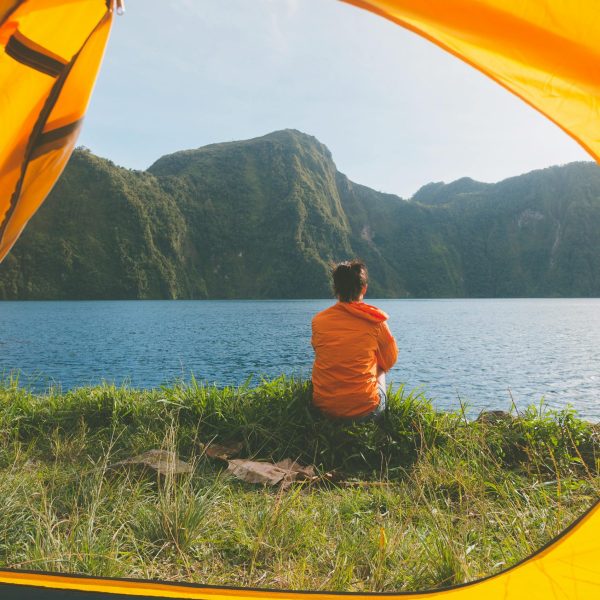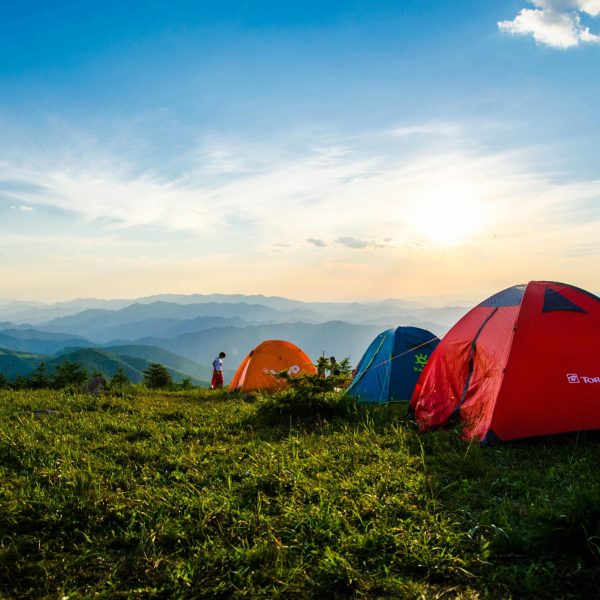Essential Preparations for Solo Camping
Selecting a suitable campsite is key, especially for beginners. National parks and established campgrounds are ideal for solo campers, offering well-marked trails, facilities, and possibly staff on site.

Solo camping has emerged as a popular adventure, offering a chance to escape daily routines, rejuvenate in nature, and foster personal growth.
For many, solo camping is more than just an outdoor excursion; it’s a journey of self-discovery. The solitude in nature provides a unique opportunity to decompress, free from the noise and expectations of everyday life.
Solitude in nature offers a unique space for reflection, enhancing mental clarity and emotional well-being. Research supports that spending time outdoors reduces stress and boosts mood, fostering feelings of happiness and tranquility.
With no one to rely on, solo campers quickly learn to think independently and solve unexpected challenges. This promotes self-confidence and resilience, which are beneficial beyond the campsite.


Capturing your thoughts and reflections in a journal can be incredibly therapeutic. Describe the sights, sounds, and emotions you experience during the journey.
Nature photography allows you to explore your surroundings creatively. Whether capturing landscapes, wildlife, or close-ups of flora, photography offers a new perspective on the environment.
